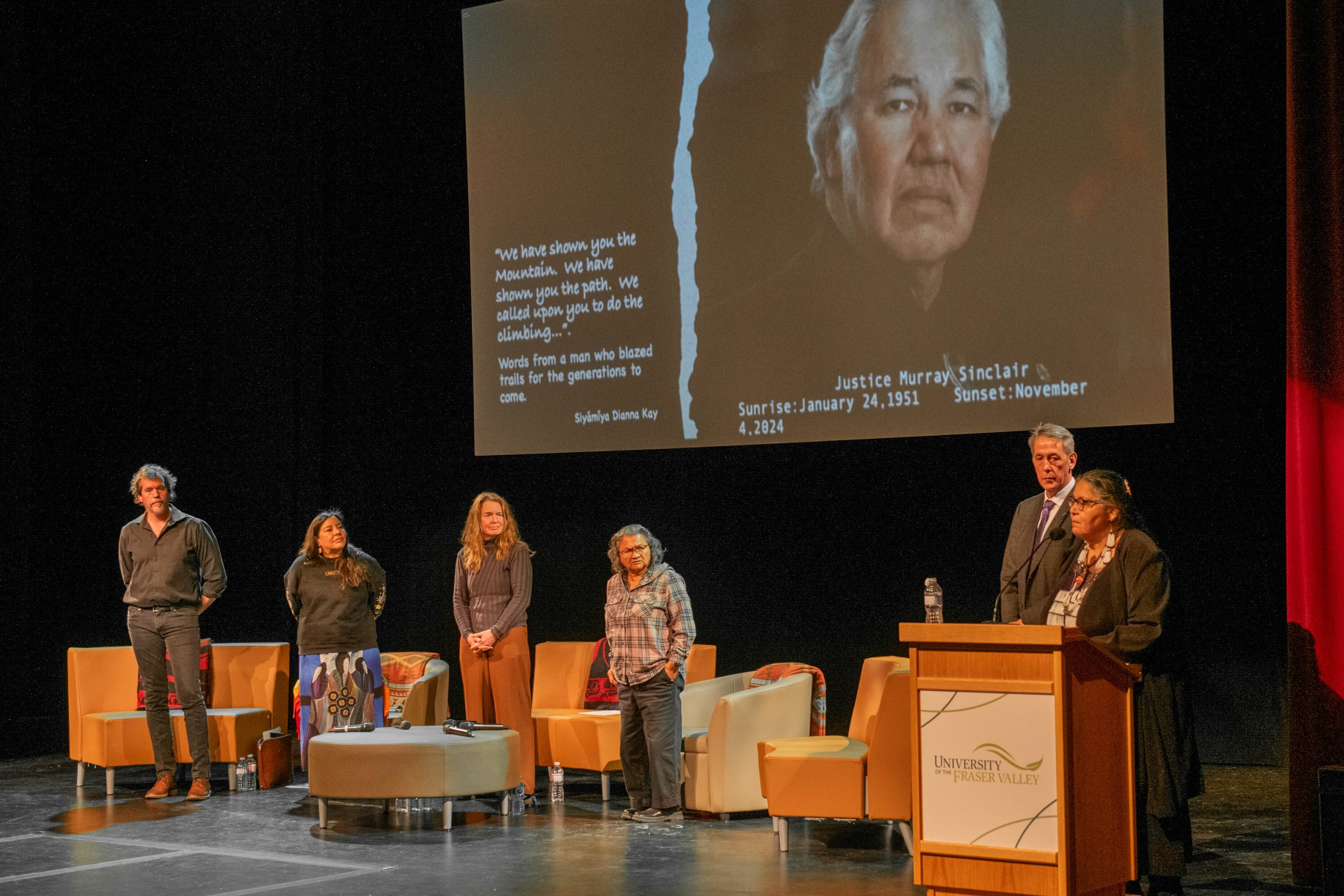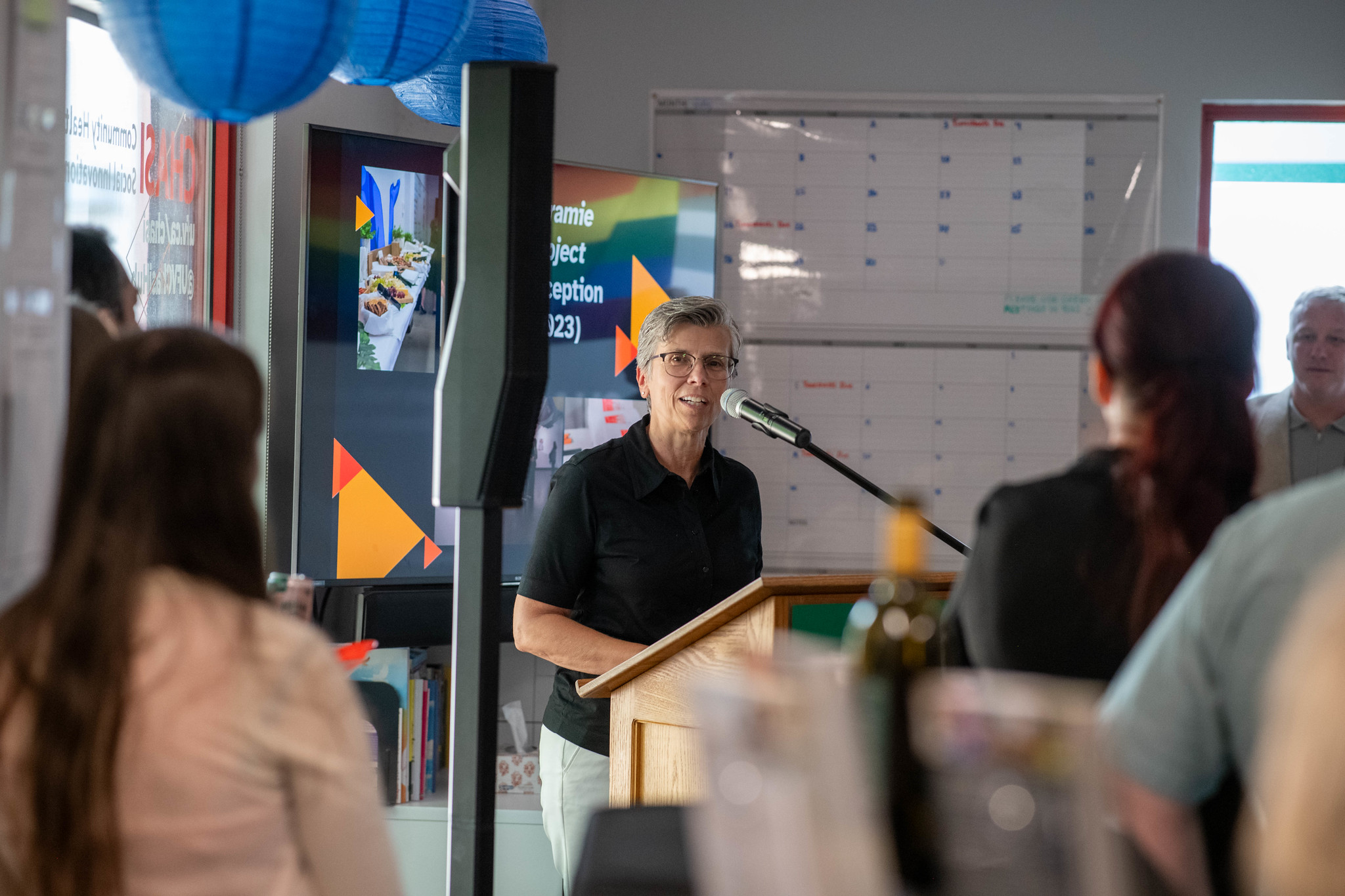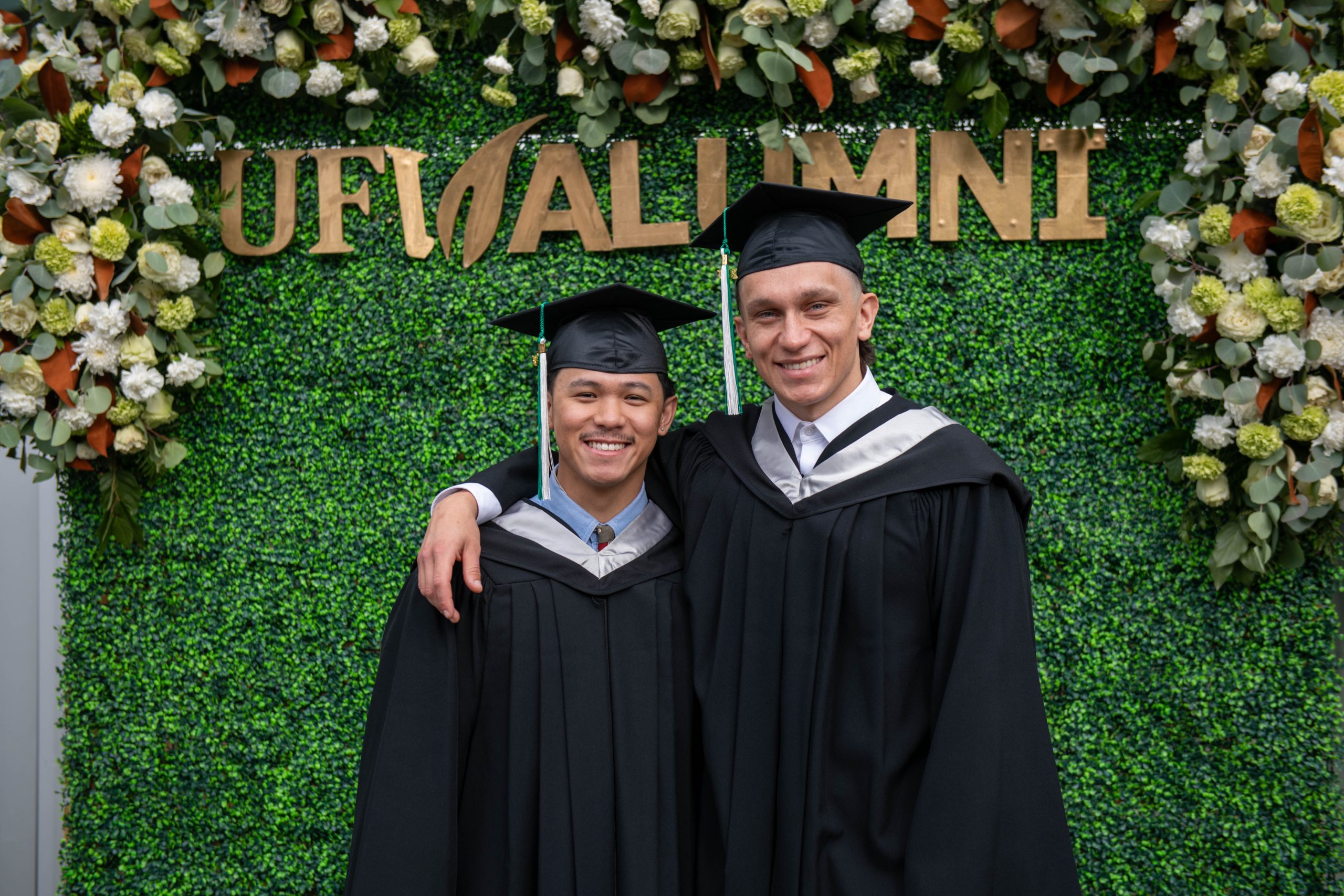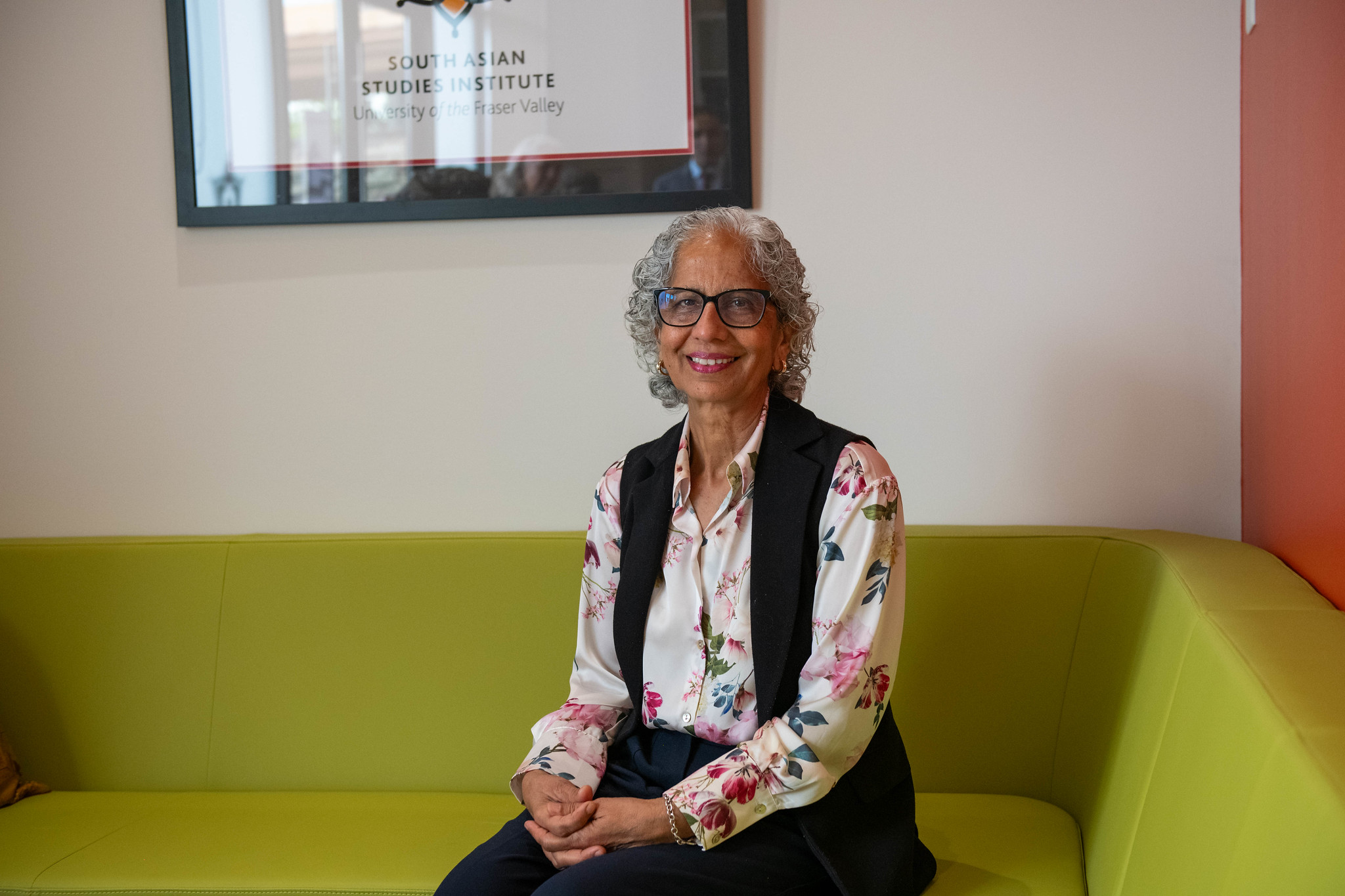Honouring Justice Murray Sinclair: a legacy of reconciliation and action
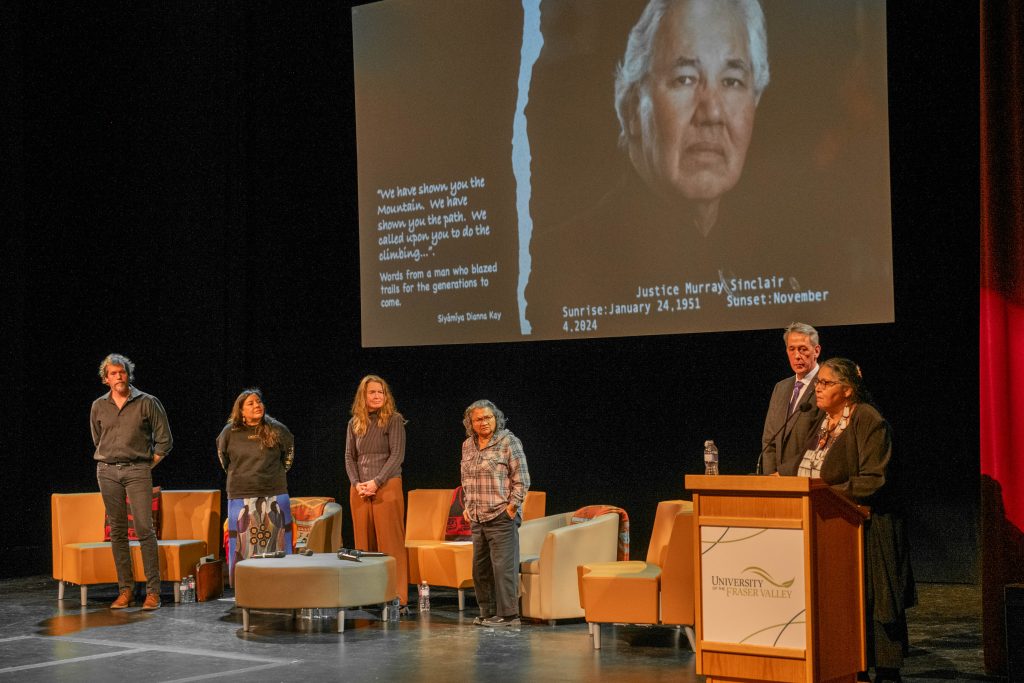
The UFV community gathered February 5 to honour the life and legacy of Justice Murray Sinclair (Mazina Giizhik) — a leader whose work shaped the way we understand truth, reconciliation, and the centering of Indigenous voices.
The evening began at UFV’s Mission campus, highlighting the university’s ongoing reconciliation efforts before moving into the adjoining Clarke Theatre for a larger discussion on Justice Sinclair’s impact.
A former senator and Chair of the Truth and Reconciliation Commission (TRC), his work illuminated the painful truths of Canada’s residential school system and laid the foundation for meaningful reconciliation efforts.
“His legacy reminds us that reconciliation is not an end goal, but an ongoing journey—one that institutions, communities, and individuals must walk together, says UFV’s Shirley Hardman, Associate Vice-President, Xwexwílmexwawt.
Justice Sinclair’s work with the TRC was pivotal in documenting the experiences of residential school survivors and bringing their voices to the forefront. His leadership resulted in 94 Calls to Action, urging governments, organizations, and educational institutions to acknowledge and address historical and ongoing injustices.
“At UFV, his teachings have influenced our approach to Indigenization, reconciliation, and the centering of Indigenous experiences in education,” Shirley says. “We recognize that true reconciliation goes beyond acknowledgment — it requires action, reflection, and continued learning.”
As part of UFV’s ongoing commitment to reconciliation, UFV announced the donation of a granite bench in Justice Sinclair’s honour to St. Peter Dyvenor — a place close to his heart— overlooking the Red River. The donation reflects UFV’s dedication to ensuring that his legacy continues to inspire meaningful action.
“Justice Sinclair inspired people all across Canada to commit to truly transformative change,” says Dr. Keith Carlson, director of UFV’s Peace and Reconciliation Centre (PARC). “We know that genuine Indigenous-settler reconciliation is predicated on first contributing to Indigenous cultural and political resurgence, and at UFV this is integrated into all our research, teaching, and engagement activities.”
PARC and Xwexwílmexwawt are leading these efforts, ensuring that Indigenous perspectives and voices shape how we move forward. UFV’s vision statement reflects this commitment:
“UFV will be known as a gathering place for learners, leaders, and seekers. We will pursue diverse pathways of scholarship, leading to community connection, reconciliation, and prosperity, locally and beyond.”
“While UFV has made progress, we recognize that reconciliation is a shared responsibility. It requires ongoing dialogue, Indigenous leadership, and collective action,” Keith notes.
Justice Sinclair’s impact will continue to shape conversations and actions at UFV and beyond.
The gathering at Clarke Theatre was not only a moment to honour his work, but a recommitment to the journey ahead.
“As we reflect on his legacy, we must also ask ourselves how we can support reconciliation in our daily lives,” Shirley says. “How can we ensure Indigenous voices remain at the centre of these conversations? What steps can we take—both individually and as an institution—to move beyond words and into action?”


